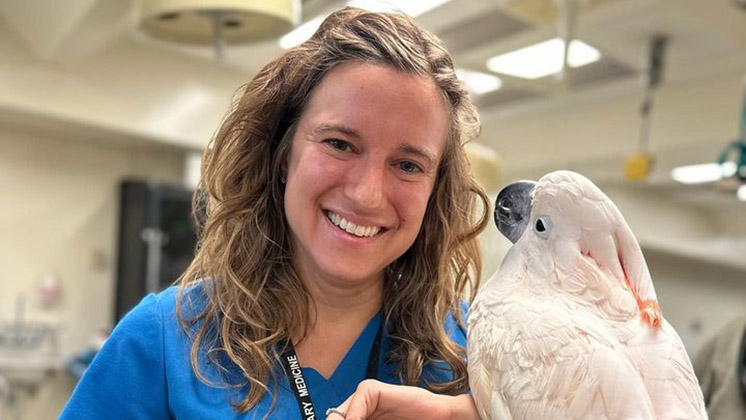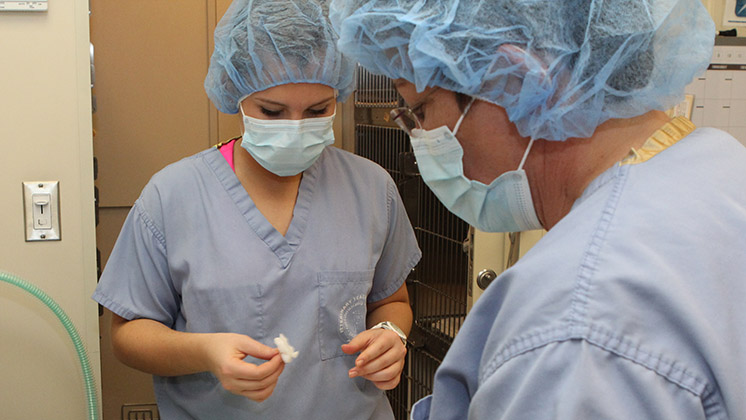
by Kelsey Wirt, MS, LVT and Josh L. Clark, MS, RVT
Veterinary assistants play a crucial role in the day-to-day operations of a veterinary practice. However, many of these assistants aspire to grow in their careers and become veterinary technicians (vet techs). Transitioning from a vet assistant to a vet tech not only enriches their career but also enhances the quality of care your practice can provide. In addition, increasing the number of credentialed vet techs at a practice can generate more revenue. Adding a credentialed technician to a practice increases revenue 18.3% (2019 AVMA Economic Summit, Ouedraogo). So, how can a veterinary practice facilitate this transition? Let's explore some strategies.
First, it’s essential to recognize the difference between vet assistants and vet techs. Vet assistants typically require little to no formal education and are restricted in the medical tasks they can perform, depending on the state. Vet techs, on the other hand, hold a minimum of a two-year degree from an AVMA accredited program in veterinary technology and are educated to carry out more complex clinical tasks under a veterinarian's supervision. Read this article to learn more about the differences between veterinary technicians and veterinary assistants.
Veterinary practices can encourage their vet assistants who show interest in advancing their careers to enroll in an AVMA-accredited program. Practices can be supportive by:
Practices that encourage their vet assistants to enroll in a veterinary technology program must be as committed to the educational process as the student. It is crucial to offer constructive feedback in order to help improve the student’s performance. It is equally as important to celebrate their efforts and achievements as they progress through the program. Recognition can significantly boost morale and motivation.
After completing their education, vet techs must pass the Veterinary Technician National Examination (VTNE) to become credentialed. You can support your assistants by:
Supporting your vet assistants in becoming vet techs is a win-win situation. It not only helps them achieve their career goals but also enhances your practice’s quality of care. By fostering a supportive and educational environment, providing the necessary resources and opportunities, and recognizing their efforts, you can play a pivotal role in their professional development. Remember, investing in your team is investing in the future of your veterinary practice.
Find your calling as a Purdue Veterinary Nurse!
Not quite ready to apply? Connect with us to learn more.

Discover how vet tech salaries vary by state, influenced by factors like cost of living, experience, and specialization, with insights from the U.S. Bureau of Labor Statistics.
Read more
Learn whether a vet tech degree can serve as valuable experience for aspiring veterinarians.
Read more
Discover the essential steps and qualifications needed to become a vet tech, including K-12 preparation, accredited post-secondary education, credentialing, continuing education, and key skills and qualities for success in this rewarding field.
Read more